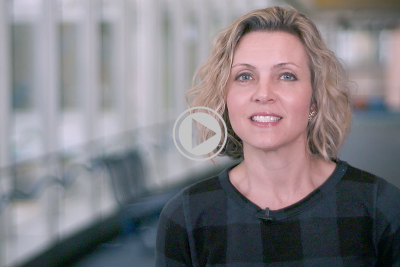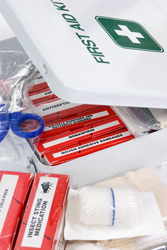More and more kids are participating in sports every year. Studies have shown increases in little league baseball, youth softball, and youth soccer teams. Sports like gymnastics are booming as well. This makes pediatricians and sports medicine doctors happy! We love that kids are getting out there, staying active, and learning new skills. With this increased participation comes a younger and younger age for interest in competitive sports. In my office we see competitive gymnasts starting around age 5-6 and club soccer players starting around the same age as well. Some of this early competition is driven by the kid’s love of a certain sport, but some is also driven by a want (by parents and coaches) for kids to excel.
A hot topic over the last few years is something called “early sports specialization.” This means participating in one organized sport almost year-round and at the exclusion of all other sports. This idea applies to kids who are under the age of 12. For a long time it was felt that if a child started a sport early (including games, tournaments, etc) they would be better at the sport. The “10, 000 hour rule” was popularized, adding fuel to the fire. The idea was that you need to put in 10,000 hours of practice to excel and become proficient at a skill. Newer studies have shown that this might not be the case! Younger kids who are involved in a variety of sports seem to:
- Gain different types of skills that can be applied from sport to sport. Endurance, hand-eye coordination, and agility from one sport can make you better at others. Some of the most successful collegiate and professional athletes played multiple sports in high school.
- Fewer overuse injuries. Doing the same movement over and over again makes athletes more likely to sustain injuries. Moving from sport to sport makes this less likely to happen.
- Less burnout. Burnout occurs when a sport is no longer enjoyable for an athlete. The pressure from a high level of competition at a young age along with intense training can make this more likely to occur.
So as a parent, what should you do? Here are a few tips from the American Academy of Pediatrics to help guide decisions on choosing the right sport for your child, as well as when or if to specialize.
- Focus should be on fun and learning skills that will serve them lifelong, like how to work with a team (especially for kids under age 10).
- Trying out different sports (avoiding specialization) before puberty, if possible, will help avoid injuries and burnout.
- Monitor the training/coaching environment. Make sure it is a positive environment where kids can make mistakes. Appropriate expectations for age and skill are also important.
- Make sure you child has at least one day off per week and at least 3 months off from a specific sport throughout the year.
For more information on sports injuries and sport specialization, follow the team at the Young Athlete Center on twitter @stlyac. Or to make an appointment or choose a pediatrician, call St. Louis Children’s Hospital at 314.454.KIDS.





Comments